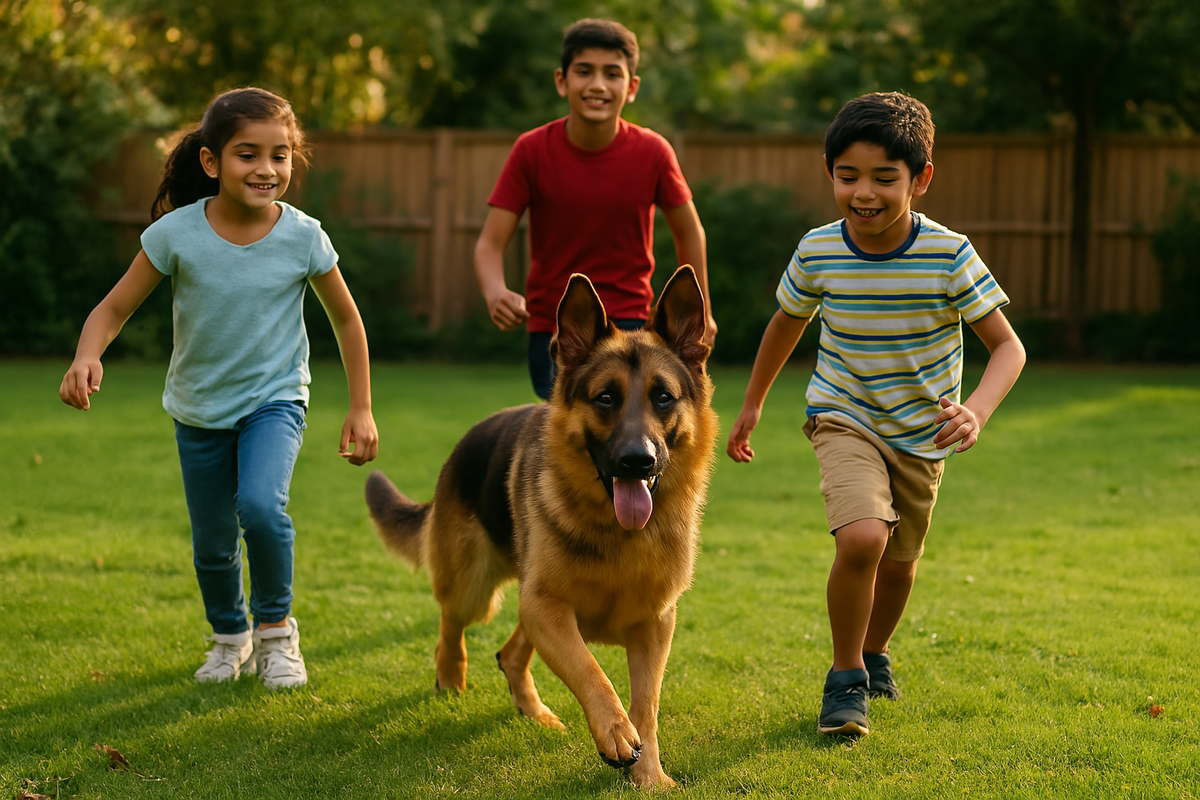German Shepherd: The Ultimate Guide 🐕

The German Shepherd is one of the most intelligent, loyal, and versatile dog breeds in the world. Known for their courage and work ethic, they are loved by families, security professionals, and dog trainers alike. 🇮🇳
This guide covers everything you need to know about German Shepherds, especially why they are among the top Dog Breeds in India.
📜 Origin
Originating from Germany in the late 1800s, the breed was developed by Max von Stephanitz. Initially used for herding sheep, they quickly became popular as military and police dogs due to their intelligence and loyalty.
🧠 Temperament
- Highly Intelligent
- Protective and Loyal
- Quick Learners
- Confident and Brave
They are great family pets if trained and socialized from a young age. 🐾
💪 Physical Traits
- Height: 22–26 inches
- Weight: 22–40 kg
- Coat: Medium double coat
- Colors: Black & Tan, Sable, Black, White
🥩 Diet Tips
A balanced diet with high-quality protein is essential. You can include:
- Chicken or lamb
- Fish and eggs
- Vegetables like carrots and spinach
Avoid chocolate, grapes, and salty foods. ❌
🛁 Grooming
- Brush 3 times a week to manage shedding
- Bathe once every 4–6 weeks
- Clean ears and trim nails monthly
🏋️♂️ Exercise Needs
German Shepherds are active dogs. They need at least 1 hour of exercise daily. Try:
- Long walks
- Playing fetch 🎾
- Agility training
🎓 Training
- Start at 8 weeks old
- Use positive reinforcement
- Keep sessions short and fun
They respond well to consistency and praise. 🧠
🏥 Health & Lifespan
Lifespan: 9–13 years
Common issues:
- Hip and elbow dysplasia
- Allergies
- Bloat (gastric issues)
🇮🇳 Popularity in India
German Shepherds are one of the most popular Dog Breeds in India due to their intelligence, loyalty, and adaptability to Indian climates.
They are commonly used by:
- Indian Police Forces 👮
- Security Guards 🔐
- Families 🏡
✅ Final Thoughts
The German Shepherd is an all-in-one breed—loyal, intelligent, protective, and loving. With the right care and training, you’ll have a best friend for life. 🐶❤️
🔗 Also check: Best Dog Breeds in India





